30 January 2025
Owning a second home is a dream come true for many—it’s like having a slice of paradise all to yourself. But what if I told you that same slice of paradise could also fatten your bank account? Yep, your second home doesn’t just have to sit there looking pretty; it can actually make money for you. Whether it’s a lakeside cabin, a downtown condo, or a cozy suburban getaway, your second property has the potential to become a lucrative asset. Let me break it down for you.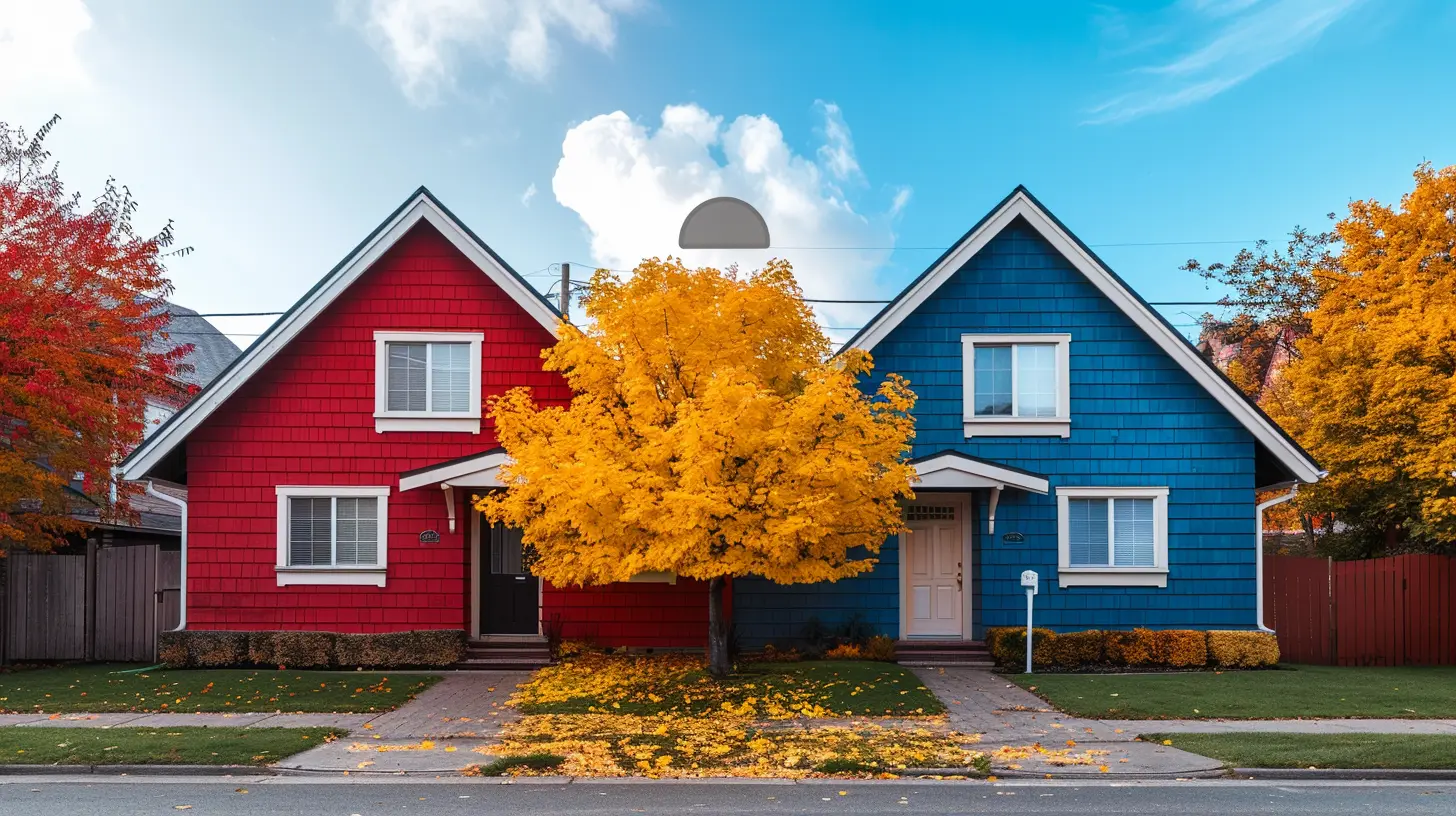
The Appeal of Real Estate Investing
Real estate has long been considered one of the most reliable ways to build wealth. Unlike the volatility of the stock market, real estate tends to appreciate over time. Plus, when you own a second property, you open the doors (literally) to several income opportunities. Why let your property sit vacant when it could be raking in cash?Turning your second home into an income-generating asset doesn’t require a PhD in economics. All it takes is some planning, a little elbow grease, and a clear strategy to maximize your returns. So let’s get into the nitty-gritty.
First Things First: Define Your Goals
Before jumping in with both feet, take a step back and ask yourself: “What do I want to achieve?” Are you looking for a steady stream of passive income? Do you want to offset maintenance expenses for your second home? Or are you hoping to sell the property down the line at a higher price?Your goals will determine your approach. If passive income is your aim, renting out the property is a smart move. If your focus is on increasing long-term value, improving the property through renovations might be your best bet. Knowing your goals keeps you from spinning your wheels and helps you make laser-focused decisions.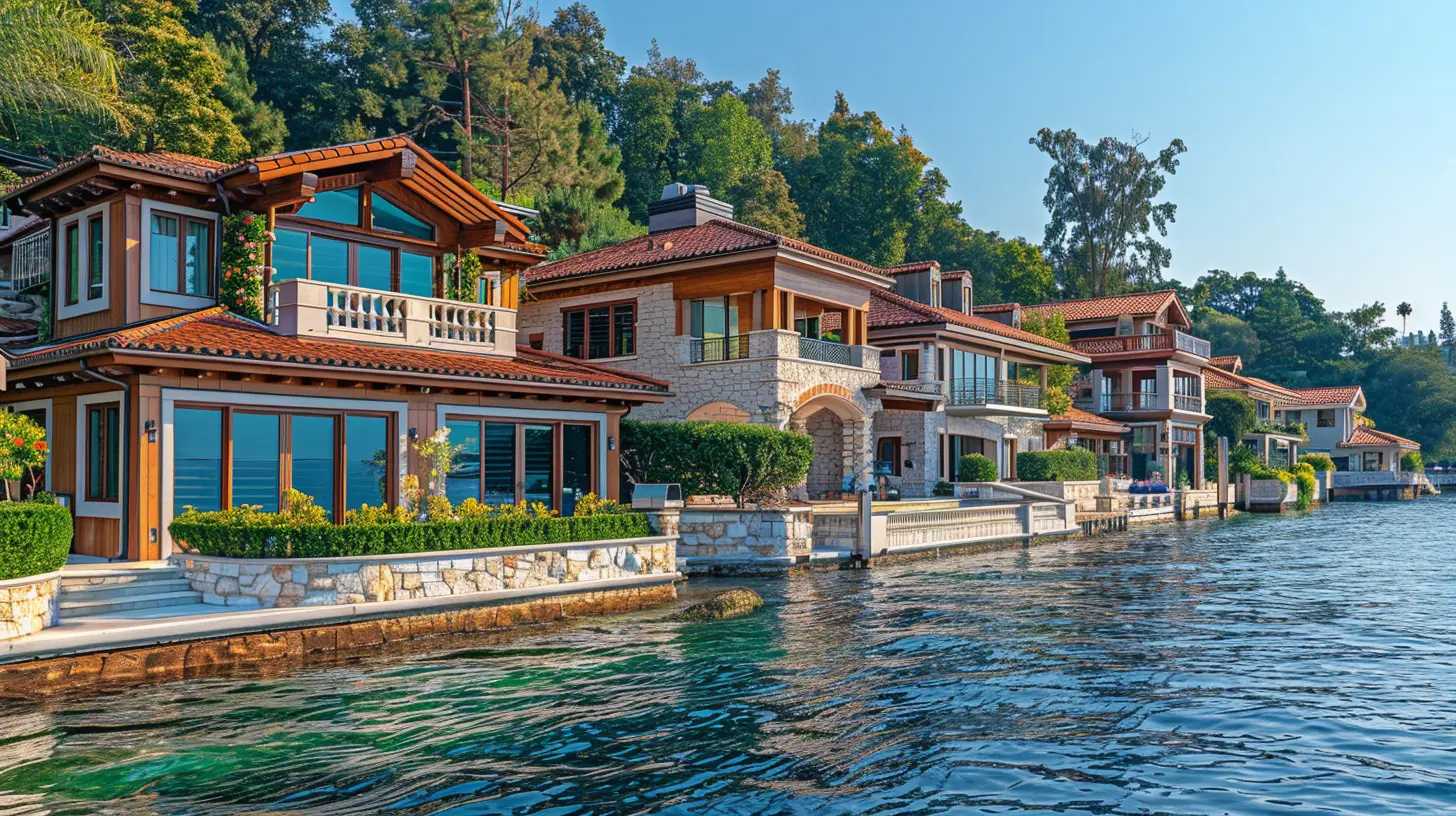
Rental Income: Your Second Home Can Pay for Itself
One of the most common strategies for turning a second home into an asset is by renting it out. But here’s the catch: it’s not a one-size-fits-all solution. Depending on the location of your property, you have a few options:Short-Term Vacation Rentals
Is your second home in a vacation hotspot—say, by the beach, in the mountains, or near a city center? Then platforms like Airbnb and Vrbo could be a golden ticket. Vacation rentals give you the freedom to charge premium rates, especially during peak tourist seasons.But, let’s keep it real: managing short-term rentals isn’t a set-it-and-forget-it gig. You’ll have to deal with frequent turnover, cleaning, maintenance, and handling guest communications. It’s like running a mini-hotel. However, if you’re consistent and provide an excellent experience, the potential earnings are well worth the effort.
Long-Term Rentals
If the idea of constantly managing bookings feels overwhelming, long-term rentals might be more your speed. Renting out your second home to tenants for several months or years at a time ensures a steady and predictable income stream. Plus, long-term tenants are usually responsible for basic upkeep, which can save you time and stress.The downside? Rental rates for long-term leases are generally lower than short-term vacation rentals. But hey, it’s a trade-off between effort and earnings. 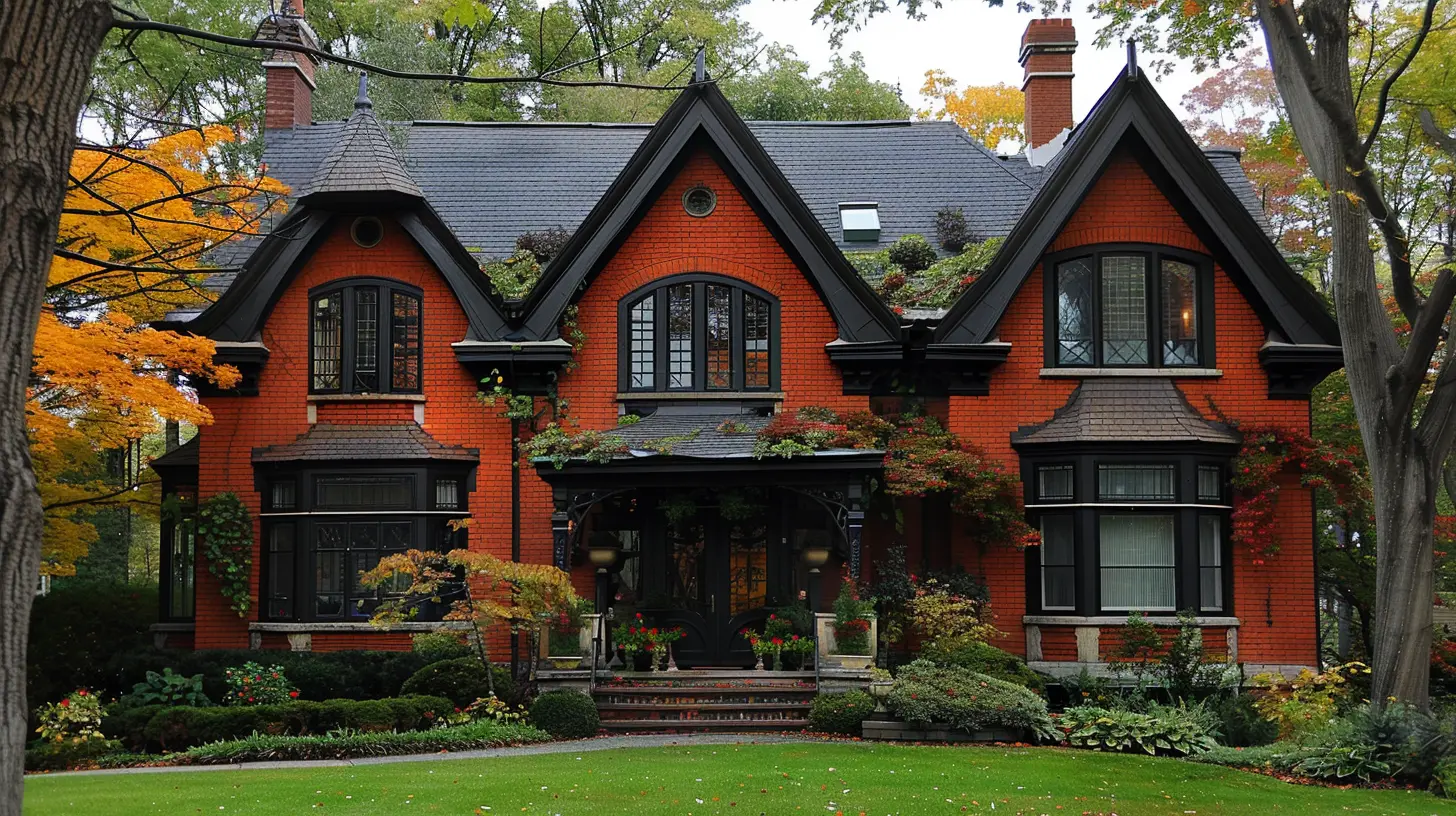
Location, Location, Location!
Let’s not beat around the bush—location is everything. A second home in a bustling urban area will have very different earning potential compared to one in a rural, remote location. Proximity to amenities, public transport, and tourist attractions can significantly impact how much you can charge for rent.For example, a lakefront property with a private dock is a prime vacation rental spot, while a home near a university campus might be perfect for long-term student housing. So, think about your property's unique selling points. What makes it attractive to potential renters?
Enhancing Property Value: The Renovation Game
You’ve probably heard the saying, “You have to spend money to make money.” Well, that’s especially true for real estate. Upgrading your second home can skyrocket its appeal and earning potential. Let’s talk about some renovations that give you the most bang for your buck:Curb Appeal Matters
First impressions count. The exterior of your home is the first thing renters or buyers will see, so make it pop! A fresh coat of paint, a well-manicured lawn, and some tasteful landscaping can make all the difference. Think of it as dressing your home for success.Modern Interiors Sell
No one wants to stay or live in a place that feels like it’s stuck in the ‘90s. Upgrade kitchens and bathrooms, install energy-efficient appliances, and opt for modern, neutral designs that appeal to a wide audience. These changes might cost a pretty penny upfront, but they’ll pay off big time in terms of rental value or resale price.Bonus Features
Got some extra budget? Consider adding sought-after amenities like a home office, private pool, or outdoor entertainment area. In today’s market, properties with these perks often fly off the shelves (or booking sites).Tax Benefits: Don’t Leave Money on the Table
Did you know that owning a second home can come with some juicy tax perks? I know, taxes aren’t exactly a thrilling topic, but stick with me—it’s worth it.If you rent out your second home, you may be able to deduct expenses like property taxes, mortgage interest, insurance costs, and even repairs. The specifics depend on how often you use the property yourself versus how often you rent it out, so consulting a tax professional is a smart move. But hey, every little bit helps, right?
DIY vs. Hiring Help: What’s Your Style?
Managing a second property is a bit like juggling—it takes coordination and focus. So, are you the DIY type, or do you prefer to outsource?DIY Management
If you’re hands-on and don’t mind a little hustle, managing the property yourself can save you money. You get full control over bookings, tenant selection, and maintenance decisions. But, and this is a big but, self-management can be time-consuming, especially if you have a full-time job or live far from the property.Property Management Services
Not a fan of the nitty-gritty? Property management companies handle everything for you—from finding tenants to collecting rent to dealing with maintenance issues. Of course, they don’t work for free. Fees typically range from 8% to 12% of your rental income. For some, the convenience is worth the cost.Be Aware of Risks
Alright, time for a reality check. Like any investment, turning your second home into a money-making asset isn’t without risks. Think about things like:- Market Fluctuations: Property values and rental demand can change over time.
- Unexpected Expenses: Repairs, maintenance, and even vacancies can eat into your profits.
- Tenant Issues: Late payments, property damage, or even legal disputes are possibilities.
The key is to plan ahead and build a financial cushion for those “just in case” moments.
Patience Is the Name of the Game
Real estate investing isn’t a get-rich-quick scheme. It takes time to see significant returns. But don’t let that discourage you! The wealth-building potential of real estate is undeniable. A well-maintained second home can provide consistent income now and serve as a valuable asset for years to come—or even become a prized inheritance for your kids one day.Wrapping It All Up
Turning your second home into a lucrative asset is about more than just slapping a "For Rent" sign on the door. It’s about maximizing its potential, understanding your market, and staying committed to the process. Whether you’re renting it out as a vacation hotspot, leasing it long-term, or flipping it after renovations, your second home has the power to be more than just a weekend retreat.So, what are you waiting for? Start putting your second home to work—it’s time to make it earn its keep.


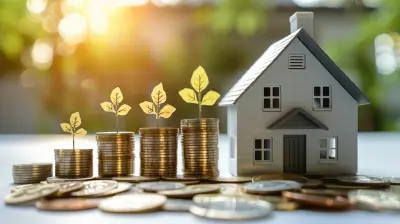

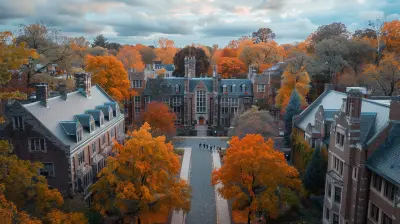
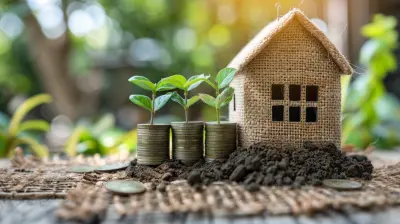


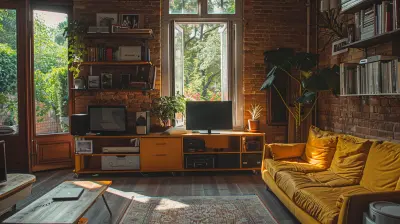
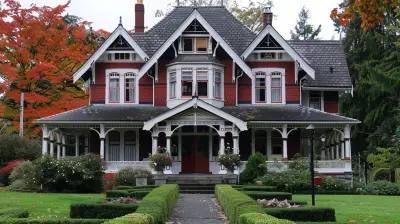
Phaedron Clayton
Great insights! Turning a second home into an investment is a smart move. With the right strategies, it can truly become a lucrative asset. Can't wait to see how more homeowners capitalize on this!
April 6, 2025 at 8:58 PM